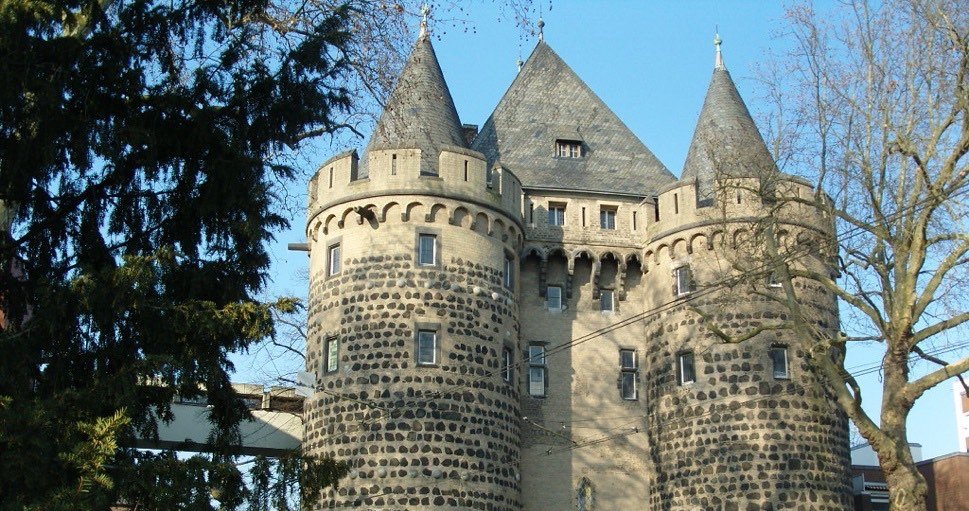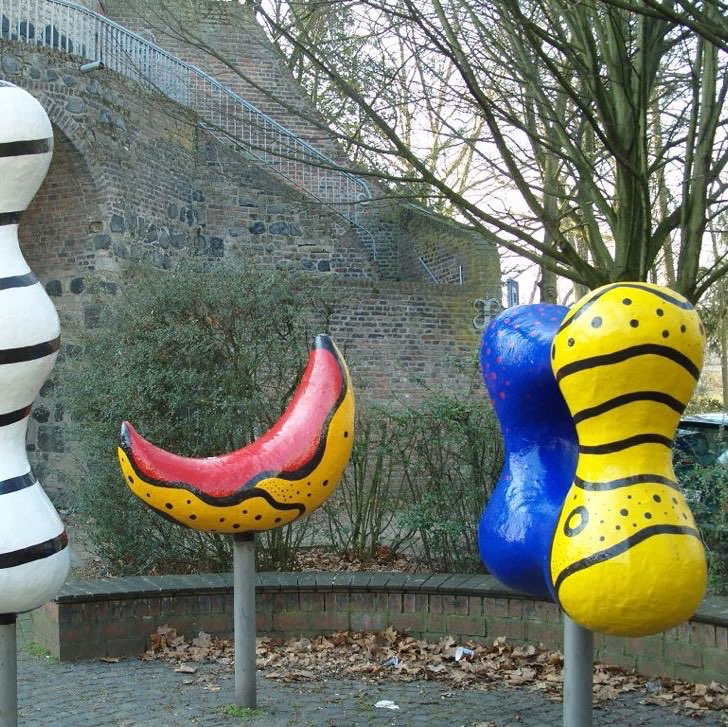Surroundings
REGIONAL CITIES OF NEUSS
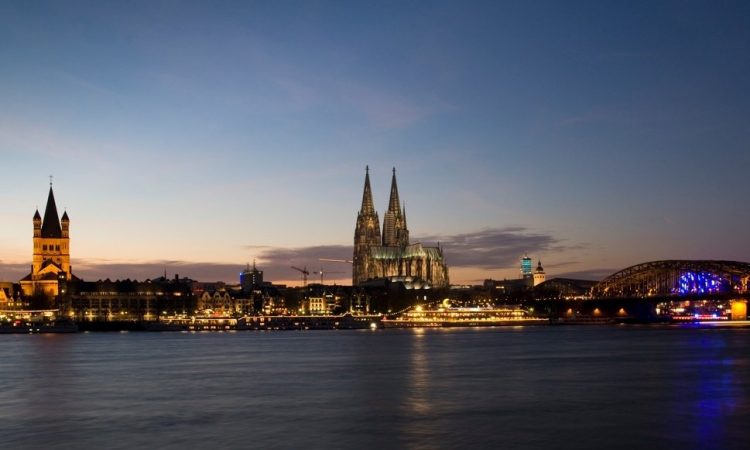
In the region close to Neuss, there are many cities to explore, drop by for some shopping or gather new impressions. This is, after all, the most densely populated area in Germany and visiting one of the large cities nearby can be quite rewarding. Whether travelling by car or by train, it is easy to discover the large urban region of the Ruhr, a thrill for city lovers and also the cities of Cologne and Bonn.
Düsseldorf
Düsseldorf is an example of Germany at its finest. Offering a unique blend of conspicuous consumption and beer-drinking bonhomie, the city combines world-class shopping and cultural attractions with the down-to-earth charms of the Rhineland. Düsseldorf has a thriving economy, relatively low unemployment rate, excellent infrastructure and friendly people. The capital of the state, this city of about 650,000 doubles as one of Germany’s fashion capitals, as well as playing host to major corporations and first-rate trade fairs. Cosmopolitan, fun loving and unabashedly chic, Düsseldorf delivers big city life on a human scale.
Duisburg
Duisburg is located just twenty minutes northeast of Dusseldorf. While not an especially beautiful place, it forms the western boundary of the Ruhr region and with almost half a million inhabitants is fairly large. Since 2005 a major regeneration program for the city centre has been underway and general improvements have already been achieved. The main shopping street, the Königstrasse, Kings Street, has been extensively rebuilt and upgraded. The bistros and restaurants in and around the impressively redeveloped harbour area are some of the best places to spend some time.
Essen
Essen can be found some twenty minutes further east from Duisburg and thirty minutes northeast of Düsseldorf. The core city of the Ruhr Metropolis and European Capital of Culture in 2010. Essen was the powerhouse of German heavy Industry and has managed economic transition to the service sector. The city remains one of the largest in Germany and has gained a reputation for its excellent shopping facilities. Not too many historical buildings stand today but the abbey and the synagogue are two remarkable premises in the city centre.
Dortmund
Passing twenty-five kilometres further East from Essen and arriving in Westphalia lies Dortmund. This eastern boundary of the Ruhr Area is a place to visit some medieval churches and the home of Borussia Dortmund, one of Germany’s most famous football clubs. The city grew dramatically during the industrial boom of coal and steel yet lost little of its charm.
Bochum
Between Essen and Dortmund, lies Bochum, a medium-sized city that hosts the German Mining Museum, which is a rather fascinating institution about the region’s industrial past. The city’s residents are proud of their heritage straddled on the borders of Rhineland and Westphalia giving it an interesting mix of traits and characteristics. Add to that many cultures brought by immigrants from eastern and southern counties.
Cologne
A big city feeling can be found further along the river Rhine to the south. Cologne is Germany’s fourth largest city after Berlin, Hamburg and Munich and just forty kilometres away from Düsseldorf. Its most famous landmark is without doubt the Cathedral, which houses the relicts of the Three Magi and became a World Heritage site in 1996. Other sights are the twelve Romanesque churches, the Roman-Germanic Museum and the Chocolate Museum. Its great nightlife and tolerant attitudes are good reasons to drop by.
Bonn
The city of Bonn is not too far further south of Cologne. The former capital of West Germany became somewhat quieter after much of central government was moved to Berlin. The picturesque city centre, the Museum of the history of the Federal Republic of Germany still attract thousands of visitors and the international flair of the city’s past is still alive. Many international companies and NGOs have their German headquarters here. A cosmopolitan atmosphere and the feel of a prosperous, clean German city are omnipresent.
By Vincent Green, Aug 9 2013
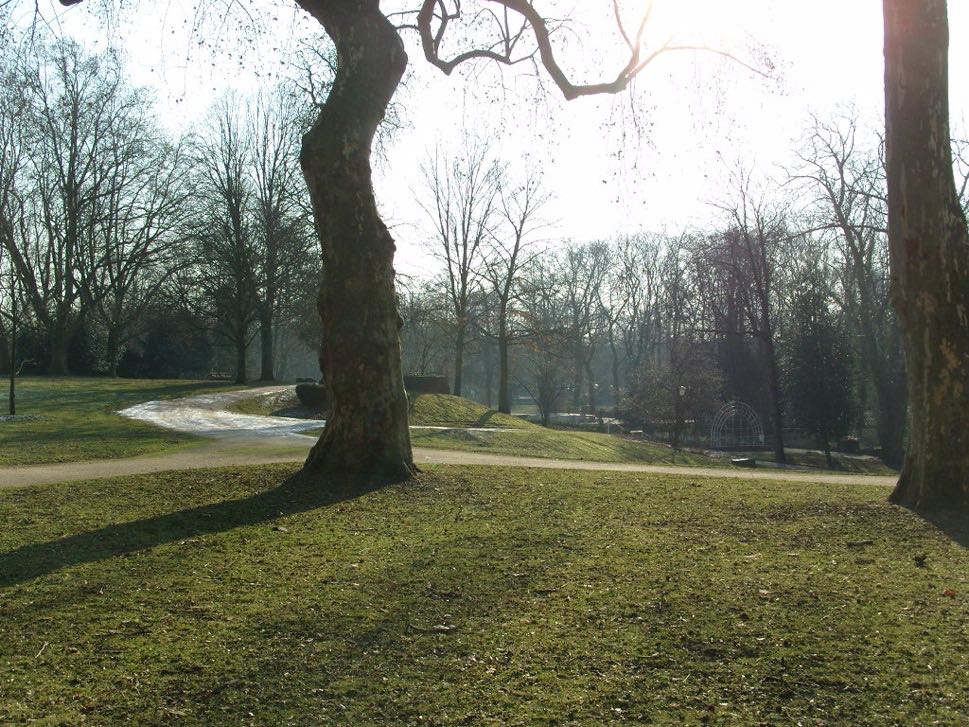
WALKING IN NEUSS
Discussions are ongoing to create a pathway that loops around Neuss following the footprint of the medieval walls. Meanwhile, enjoy the walkways along the canal, spaces near the Rhine and tracking down many ancient buildings in the city.
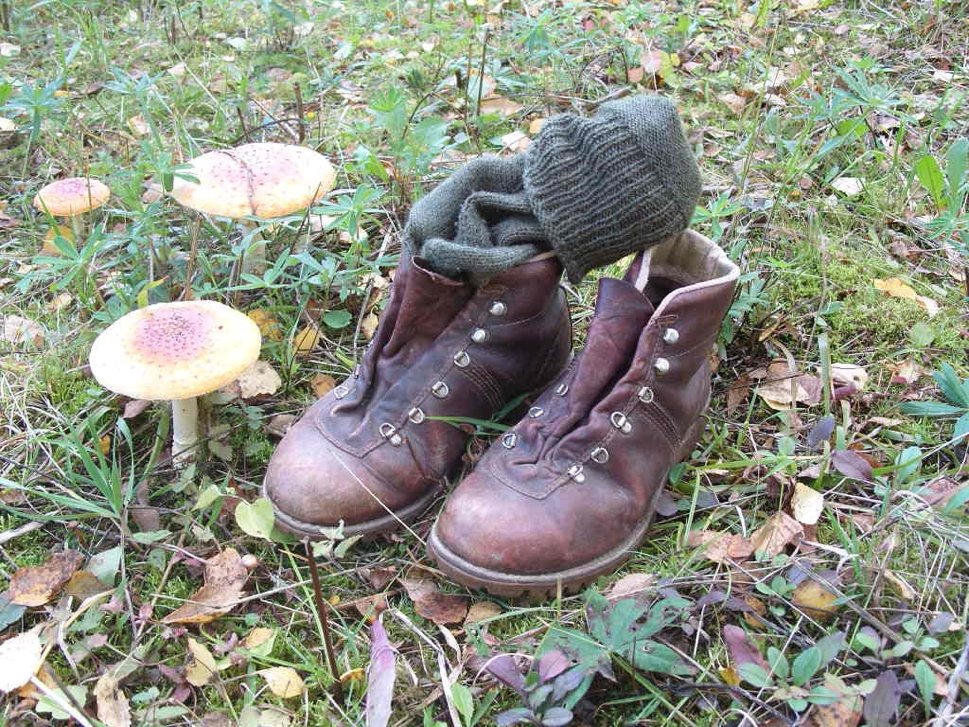
HIKING IN NEUSS
Many open spaces entice hikers into the surrounding countryside. Try heading out to the wonderfully peaceful and natural, reclaimed spaces along the Dutch border. The Ruhr region to the east provides more inspiring landscapes with hills and forests.
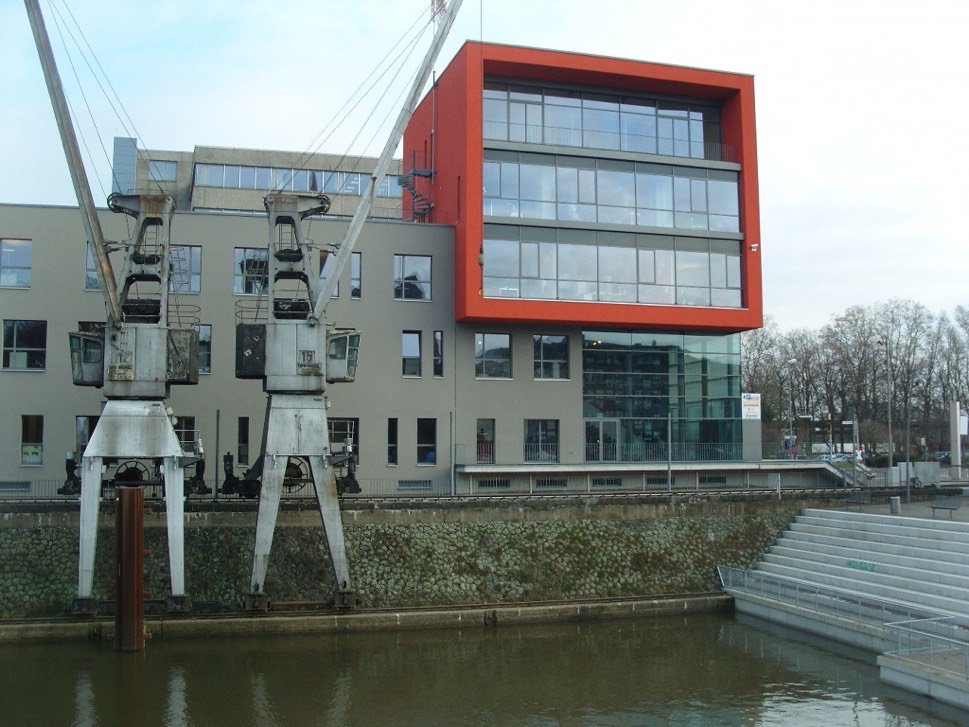
ECONOMIC DEVELOPMENT
The Economic Development Office is the perfect agency to assist foreign companies and small businesses to fulfil their plans in Neuss. Whether new to Germany from overseas or relocating within Germany, full support is on offer to set up business in this dynamic location.
ALSO INTERESTING
A brief history of Neuss
One of the three oldest Roman settlements in Germany reveals a story covering over 2,000 years. Progressive developments include Napoleonic rule and that of Prussia before becoming part of North-Rhine Westphalia.
